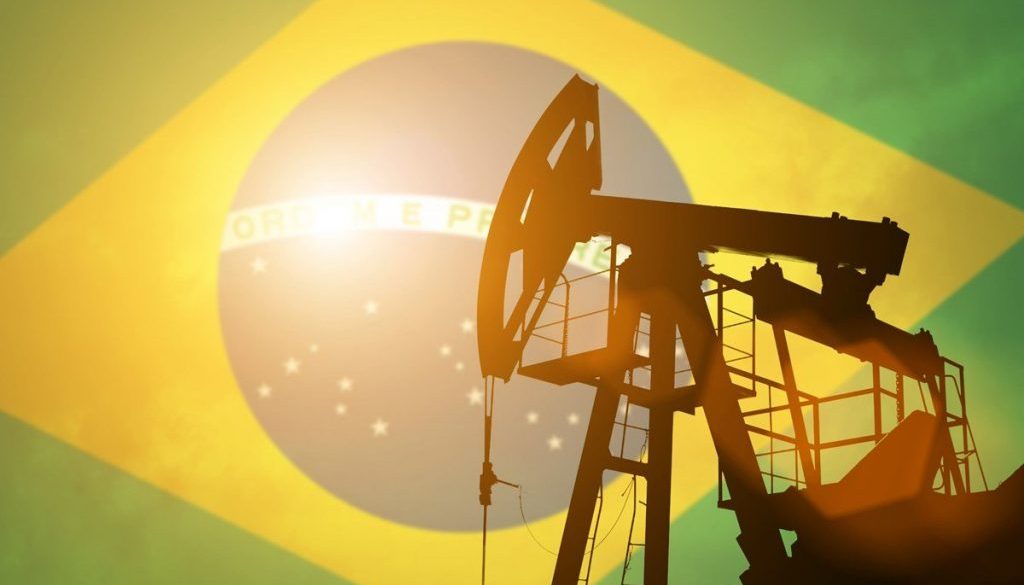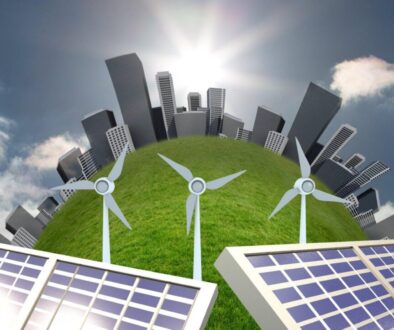As Brazil’s oil industry looks set to soar over the next decade, with the potential to provide almost a quarter of the world’s offshore oil by 2025, Big Oil is betting big on the oil-rich state.
When most of the oil companies reduced production in 2020 as demand stagnated due to the global pandemic, Brazil actually increased its output. These sustained levels of production, put it on route to double its output by 2030, making it the world’s fifth-largest exporter, a target that appears realistic thanks to its low cost-oil giving the country a competitive advantage over many OPEC+ states.
In fact, Brazil could contribute as much as 23 percent, around 1.3 billion bpd of oil, by 2025 if its ambitious new oil projects go as planned. At present, 29 crude developments are expected to commence operations between 2021 and 2025, including key projects in Bacalhau, Buzios V (Franco), and Lula Oeste.
As the rest of the world speaks of energy transitions, from fossil fuels to renewable alternatives, Brazil is steadfast in its position on the black gold, it will drill for as long as there is demand.
Experts point to the not-so-distant future in which oil and gas demand will diminish as renewable energy production becomes more mainstream. Meanwhile, Brazil is pumping money and labor into its already well-established oil industry, with a government that strongly supports the exploitation of the country’s natural resources in support of the national economy.
While oil majors may no longer be pursuing huge expansion projects like those seen in Brazil in a decade or so, while demand remains high Big Oil is looking to the Latin giant to propel the industry forward before this momentum is halted.
With Venezuela looking to put itself back on the map as an oil giant, pending the easing of U.S. sanctions, and Big Oil is investing heavily in significant offshore projects in Guyana and Surinam, Latin America appears to be committed to pursuing its oil future. As European powers and the U.S. push for greener policies and a gradual movement away from fossil fuels, Latin America and the Caribbean are finally seeing its time to shine as the world still needs oil to survive during this long transition period.
While the push for greater exploration is strong, leading the government to predict another oil boom in the coming years, experts are less certain. Many believe that the exploration projects currently underway will simply sustain Brazil’s crude production levels, rather than enhance them. However, several oil majors are taking this bet as Total Energies and Chevron both announce plans to ramp up their operations in the country.
TotalEnergies announced that it expects to triple its oil production in Brazil by 2025, investing in its stake in several pre-salt oil developments in the country. Total has a current output of around 50,000 bpd of oil in Brazil, mainly from the Lapa pre-salt field. TotalEnergies Brazil managing director Philippe Blanchard stated to a panel at the Offshore Technology Conference in Houston, “We expect to achieve production rates of 150,000 bpd by 2025, with the contribution from fields such as Mero, Iara and Gato do Mato.”
Shell-operated Gato do Mato, a pre-salt development is expecting its first oil production in 2024. Petroblas is also hoping for production to commence in a similar time frame in its Iara cluster, which consists of the Berbigao, Sururu, and Atapu pre-salt fields.
Chevron also voiced its interest in developing its pre-salt oil discoveries in Brazil at the Houston conference. Chevron’s Brazil country manager stated the significance of the company’s “pre-salt chapter”, saying “we want a piece of that” in reference to Brazil’s pre-salt oil finds. Since 2018, Chevron has held interests in 11 deepwater projects in the country’s Campos and Santos basins.
The government of Brazil is expected to hold an auction in December for licenses in two blocks of the pre-salt area, showing the potential for further growth in this sector. However, regulatory uncertainty and high license fees put companies off from bidding on the Sepia and Atapu blocks in 2019, a challenge that the government hope will be resolved by the next auction thanks to greater interest in the pre-salt area.
As countries across the rest of the world fight for international favor as energy transition leaders, Brazil recognizes the importance and ongoing necessity of its strong oil industry. With so much potential still untapped, particularly in its pre-salt area, Big Oil is looking to this Latin giant for the future of oil in a world of uncertainty.



